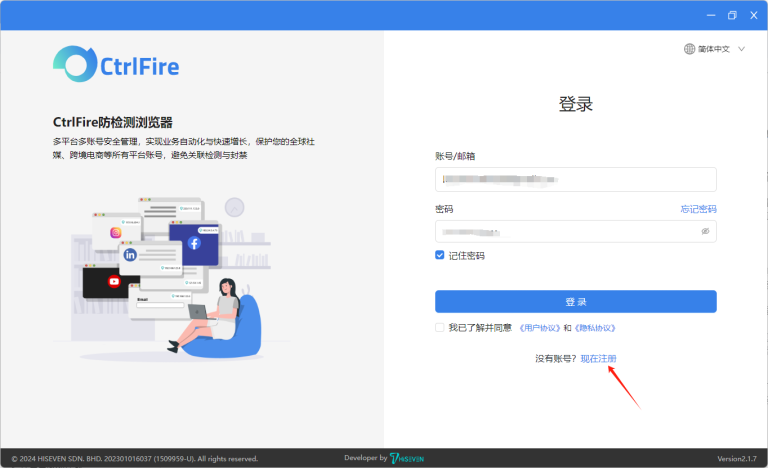Is Multi-Account Management on Facebook Prone to Account Bans? A Comprehensive Analysis of the Reasons and Countermeasures
Account bans in Facebook multi-account operations are a common issue faced by many businesses and marketers. How can this problem be solved? By first understanding the reasons for account bans and implementing corresponding countermeasures, the risk of bans can be effectively reduced, and marketing efficiency can be improved. This article will analyze the main causes of Facebook account bans and provide practical strategies and tools to avoid them.
In the process of managing multiple Facebook accounts, there are many reasons why accounts may be banned. Understanding the reasons for account bans and taking preventive measures can effectively reduce the risk and ensure smoother operations. Below are the main reasons for Facebook account bans:
- Violation of Community Standards: Posting inappropriate content, false information, or spam can lead to account bans. Content that is flagged as irrelevant or misleading by a large number of users can also be a potential cause of a ban.
- Frequent Actions: Performing frequent actions such as adding friends, joining groups, liking posts, and commenting within a short period can be detected as bot-like behavior.
- Multiple Account Associations: Logging into multiple accounts using the same IP address or device can trigger Facebook’s system to detect that these accounts belong to the same user, leading to account bans.
- Fake Information: Registering an account with false personal information or having account details that don’t match reality.
- Unauthorized Third-Party Tools: Using third-party tools that are not authorized by Facebook for automated actions.
- Suspicious Account Activity: Frequent logins and logouts, or logging in from different geographical locations in a short period, along with a large volume of content posting.
To avoid Facebook account bans, in addition to complying with Facebook’s usage policies and preventing any of the aforementioned prohibited actions, you should ensure that each account appears as a real, unique user/device. This means each account should have its own IP address, cookies, and browser fingerprint. Using a fingerprint browser to provide each Facebook account with an entirely isolated browser environment can effectively avoid bans caused by IP address or fingerprint-related issues.
At the same time, to streamline and manage multiple Facebook accounts more efficiently, you can use the CtrlFire fingerprint browser. It can assign a unique fingerprint environment to each browser configuration, ensuring that each browsing session appears as a different actual user to Facebook, providing protection. With RPA automation features such as profile grouping, adding notes, and bulk importing account information, it can ensure that each account operates independently and securely, reducing the risk of bans. Whether you have many or few accounts, CtrlFire can help you operate efficiently and expand your business potential.
By using these strategies, you can greatly reduce the risk of account bans in Facebook multi-account operations and ensure the smooth progress of your marketing activities. We hope these methods help you achieve more efficient and secure multi-account operations on Facebook.
Now, CtrlFire fingerprint browser is offering unlimited window testing, with free access to 10 clean static residential IPs and 200MB dynamic residential traffic. Click to contact customer service to get a free trial qualification!







